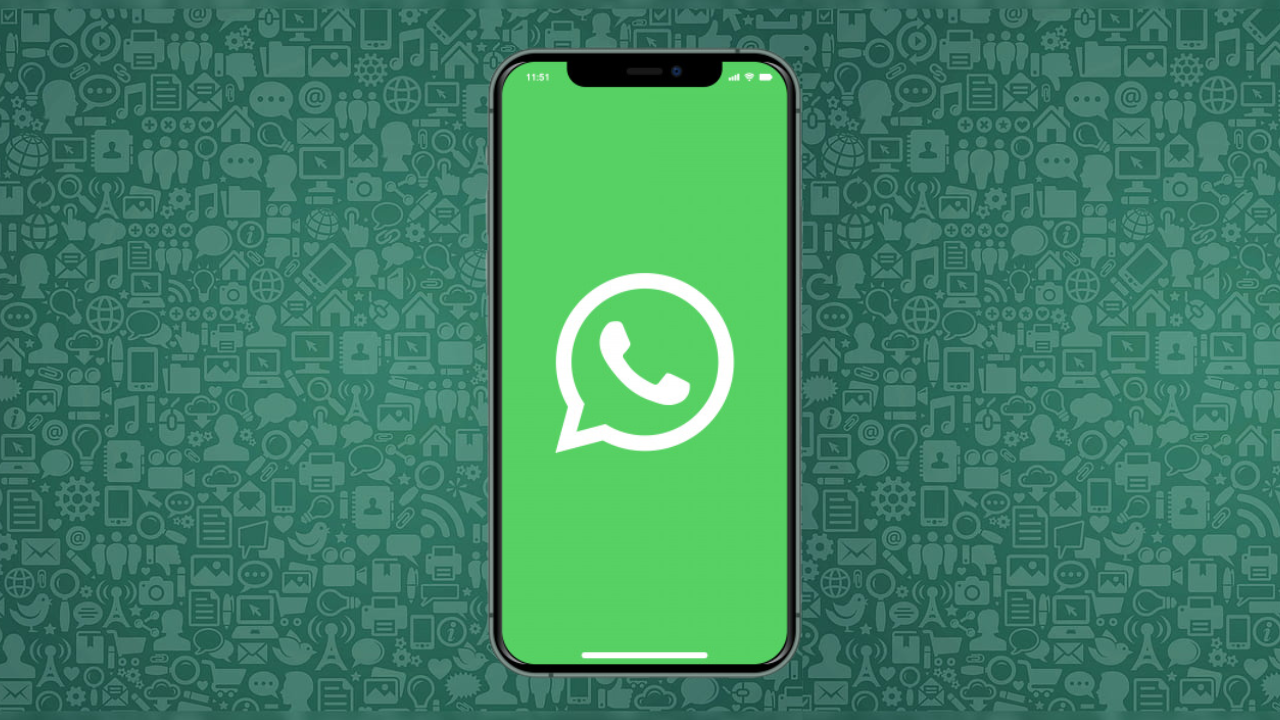Brief:
WhatsApp is a free messaging app used by over 2 billion people worldwide. It allows users to send text messages, voice calls, video calls, images, documents, and other media.
Offerings:
Free Messaging: Core functionality of sending and receiving text, voice, and video messages with individuals and groups.
File Sharing: Users can share photos, videos, documents, and other files.
Voice and Video Calls: Make free voice and video calls over the internet.
WhatsApp Business: Separate app for businesses to connect with customers, manage orders, and offer customer support.
WhatsApp Pay (limited rollout): Mobile payment service for sending and receiving money (currently in pilot stages in some countries).
Parent company:
Acquired by Facebook (now Meta) in 2014 for $19 billion.
Revenue Model:
-
Subscription Fees
When WhatsApp was first launched, it used to charge an annual subscription fee of $0.99 after the first year of free usage. However, in 2016, the company decided to do away with this revenue model and make the app completely free for all users.
Instead, WhatsApp shifted its focus to other monetization strategies to generate income.
-
WhatsApp Business API
WhatsApp introduced the WhatsApp Business API, which allows businesses to communicate with their customers on the platform. This service is not free, and businesses are charged for using the API to send messages to their customers.
By providing a platform for businesses to connect with their customers, WhatsApp is able to generate revenue from this service.
-
Subscription Fees
One of the primary revenue streams for WhatsApp Business is through subscription fees. While the standard version of WhatsApp Business is free for small and medium-sized businesses, larger enterprises have the option to subscribe to a paid model. This subscription grants them access to advanced features and premium support services, enabling them to optimize their customer communication and streamline their operations.
-
Advertising Revenue
WhatsApp Business has the potential to integrate advertising into its platform. This opens up a new avenue for revenue generation. With its extensive user base and rich user data, WhatsApp Business can offer targeted ads or sponsored content to businesses. By providing businesses with additional visibility to their target audience, WhatsApp Business can generate advertising revenue while ensuring that the ads are relevant and non-intrusive to the user experience.
-
Transaction Fees
Another potential revenue stream for WhatsApp Business is through transaction fees. As more businesses adopt digital transactions, WhatsApp Business can explore the option of charging a small fee for facilitating financial transactions on its platform. This revenue stream has the potential to grow alongside the increasing adoption of digital payments and can contribute to the overall financial sustainability of WhatsApp Business.
DISCLAIMER: This blog is solely for educational purposes and not to offer any investment advice. Please do your own research or consult a financial advisor before making any investment decisions.



Comments